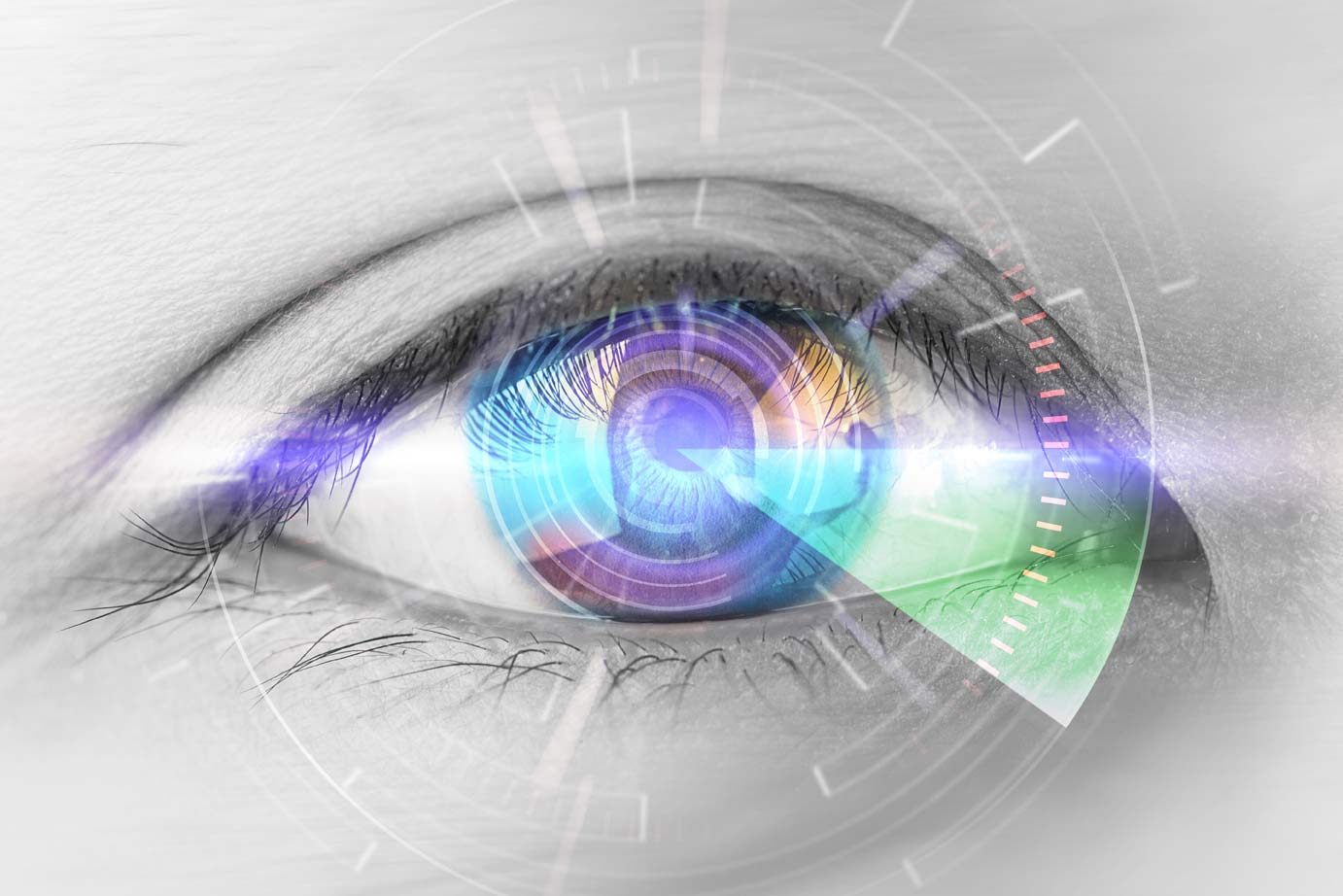Dr. Friedman's Office: (210) 880-3000
Epiretinal Membrane/Macular Pucker
The human body naturally likes to heal itself. If it detects damage, it will try to repair that damage by recruiting “healing cells” to the area of injury. This is extremely useful, but sometimes that process can go a little haywire. In the eye, the retina can try to heal itself too effectively, and this can form a thin layer of scar tissue known as an epiretinal membrane.
These epiretinal membranes form for many reasons, and sometimes there is no definable cause as to why one person gets an epiretinal membrane and another person avoids it. It is believed that when the gel in the eye (known as the vitreous) pulls away from the retina, it causes a small tear in the retina. The retina naturally responds by trying to heal itself. As stated at the beginning, this is when the healing process can be too aggressive and leads to the formation of the epiretinal membrane. Other reasons for membrane formation include diabetes and previous eye surgery.
This thin membrane sits over the retina at the back of the eye. It routinely forms over the macula (the part of the retina responsible for central vision). Often, it does not cause visual disturbances, but if the scar tissue starts to contract, it can wrinkle the retina and distort the vision. There are other common names for this condition such as macular pucker or cellophane maculopathy, but they all imply the same condition.
Because epiretinal membranes may not progress to a point of causing significant visual disturbance, I often ask patients a very important question: “are you happy with your vision?” If you are doing well and can perform daily activities without much effort or visual problems, the membrane probably does not need to be fixed. On the other hand, if vision is compromised or distorted, a surgery can be done to remove the membrane from the macula. The surgery itself is a same-day surgery and the recovery is usually less than a few days, although I always tell patients that visual recovery might take up to 4-6 months.
Although epiretinal membranes are more of a nuisance than a major visual problem, they can sometimes lead to significant visual disturbances. If this occurs, removal of the epiretinal membrane usually has excellent results.
Please feel free to contact us with further questions at sanantonioeyedoctormd@gmail.com.
Duncan Friedman, M.D.
Retina Specialist
San Antonio, Texas


